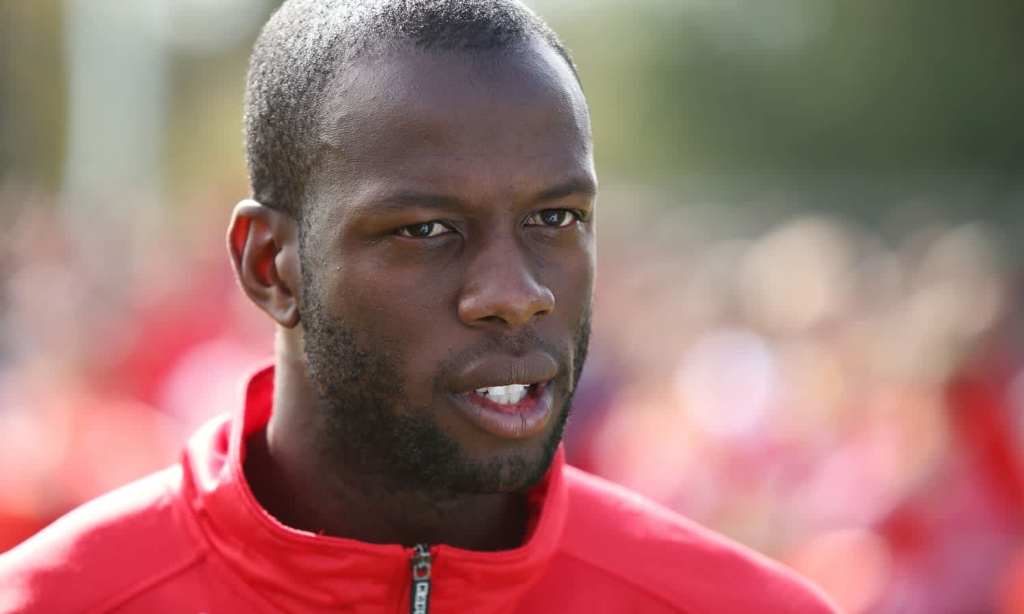Former Socceroo turned Adelaide United Director of Football, Bruce Djite, is calling for a change in major sporting codes around the country.
Appearing on ABC’s Q&A on June 15, Djite delivered a stirring speech during the episode, which examined the prevalence of racism in sport in Australia.
Joining him on the panel was NRL CEO Andrew Abdo, Richmond Football Club CEO Brendon Gale, broadcaster and journalist Tracey Holmes and Australian netball and AFLW star Sharni Layton.
As a result of a “lack of cultural competence”, Djite believed that change will come, but at a much slower pace.
“It doesn’t matter if it’s about racism. I tell you now if there was an Indigenous person on the AFL Commission, or as AFL CEO, during the time where Adam Goodes was getting racially vilified, it would have had a different reaction. The guy might still be actively involved in the sport,” Djite said.
“If there were more women in high powered positions, entrenched in the sporting game, (women’s sport) would have greater media coverage; it would have a greater investment.
“Without the people with the context knowledge — you can read all the content, you can be across it all you like, you can read a thousand books — if you haven’t felt it and don’t have that context knowledge, then you don’t get it. It’s impossible.
“It’s like me trying to understand what it’s like to be a female. I can listen. I can learn. But I can never feel what it’s like. I will never have that context of knowledge.
“So while there are intelligent people, extremely smart people, extremely influential people in the hierarchy, as players, as administrators — if they don’t have the context knowledge, if we don’t entrench these people in the hierarchies of our sports, then change may come. But it will come much slower, with many more regrets, than if those people with those lived experience were in those positions.”
WATCH: Bruce Djite on Q&A. Story continues…
Does sport facilitate a more fair and inclusive society when it takes a stand on social and political movements? #QandA pic.twitter.com/IlDABabsAV
— QandA (@QandA) June 15, 2020
Now that the games are back in full swing, NRL and AFL players have been taking a knee in solidarity for the Black Lives Matter movement, which was sparked by the death of American man George Floyd.
Players from around the country have also spoken out about the targeted abuse they have experienced, with former Collingwood player Heritier Lumumba and Adelaide Crows player, Eddie Betts, the most recent to come forward.
Throughout his tenure with the Crows, Lumumba experienced a “culture of racist jokes”.
During the Q&A episode, questioner Melissa O’Donnell reminded the panel of “what happened to Adam Goodes when he dispelled the silence on racism in the AFL. All the right people said ‘Never again,’” she said.
“Yet against the backdrop of Black Lives Matter, we’re revisiting the shocking racism and the gaslighting that Heritier Lumumba experienced during his time at Collingwood.
“And it’s clear that Collingwood still fails to fully comprehend exactly what he is calling out.
“My question is, at what point do the AFL and the NRL see themselves as part of, and active participants in, the structural racism of our system, take full accountability for that, and perhaps even lead us in the repair and the dismantling processes we so desperately need?”
At the beginning of June, Indigenous AFL player Tony Armstrong delivered a powerful speech about the mistreatment of Indigenous Australians.
In response to the murder of George Floyd, Armstrong shared stories about being racially profiled on the show, Yokayi Footy.
“This week, we watched on in horror, as African-American George Floyd died under the weight of a white policeman’s knee.
“He called for his mother, he screamed the words ‘I can’t breathe’. Despite this, the policeman kept pressing, and eight minutes later, George Floyd was dead.
“The Australian response? ‘Thank goodness that stuff doesn’t happen here, right?’”
Armstrong then went into detail about being racially profiled while playing for Collingwood.
“I went for a coffee with a couple of teammates. Two policemen followed me into the cafe,” he said. “They went on to ask for my ID. They wanted to know where I’d been and what I was doing.
“Why? There’d been a robbery nearby. When I proved who I was, they just scoffed and walked away.”
Goodes, who is a double Brownlow medalist and Australian of the Year, became a spokesperson of Indigenous rights after facing a slew of racist comments from fans in the crowd during his final games
The painting was created by artists Hamish McBride, Laura Paige, Megan Hales, Jacqueline Butterworth and Kailin Hegel and was completed amid the Black Lives Matter movement.
In an interview with Monocle Magazine, Goodes said that “every minority in a person’s society is connected to this story because unfortunately, racism is part of every community.”
Now, he is focused on ways to positively help the Indigenous community.
“For me, I spent much of my football career talking about the issues and the issues. Now my life is all about the solutions … to increase the power and strength of our people.”
Read more stories from TheLatch— and follow us on Facebook.

